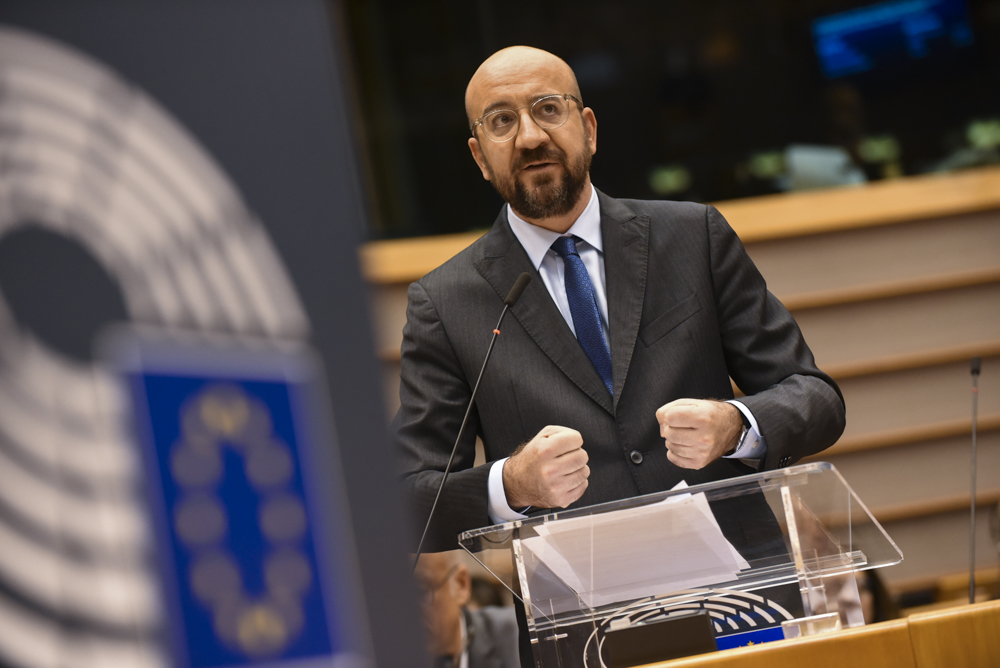Today, the European Asylum Support Office (EASO) published a Country of Origin Information (COI) report titled “Syria: Targeting of individuals“. This report is part of a series of Syria reports produced in 2019-2020. These reports cover actors of protection, internal mobility, key socio-economic indicators, and targeting of individuals. The reports provide information relevant for international protection status determination for Syrian asylum seekers, and will be used in the development of a country guidance note on Syria.
In 2019, Syrians lodged some 72 254 asylum applications in the EU+, more or less on par with 2018, but fewer than two years ago. Almost two thirds of all Syrian applications were lodged in just two EU+ countries. Despite the overall stable trend, Syrians lodged increasing numbers of applications throughout 2019: between February and May 2019, Syrians lodged about 5 300 applications each month, but this rose to 6 300 between July and September, and again to 7 200 in October and November. In fact, as of October the inflow (applications lodged) exceeded the outflow (case closures) each month, for the first time since mid-2018. Consequently, the number of pending cases also increased towards the end of the year. Of all first-instance decisions issued for Syrian applicants, 85% were positive mostly granting refugee status.
The report, EASO COI Report: Syria – Targeting of individuals, provides relevant information regarding a range of categories of individuals in Syria targeted by different state and non-state actors, or by the wider society, for the purpose of international protection status determination, and in particular for use in EASO’s country guidance development on Syria.
The report was co-drafted by Country of Origin Information (COI) researchers from Germany, the Federal Office for Migration and Refugees (BAMF), Country Analysis, together with the EASO COI sector in accordance with the EASO COI Report Methodology, and was reviewed by the Finnish Immigration Service, Legal Service and Country Information Unit. Additionally, ACCORD, the Austrian Centre for Country of Origin and Asylum Research and Documentation conducted an external review.
Additional information to complement this report can be found in the following EASO reports:
Photo: © European Union/Peter Biro

